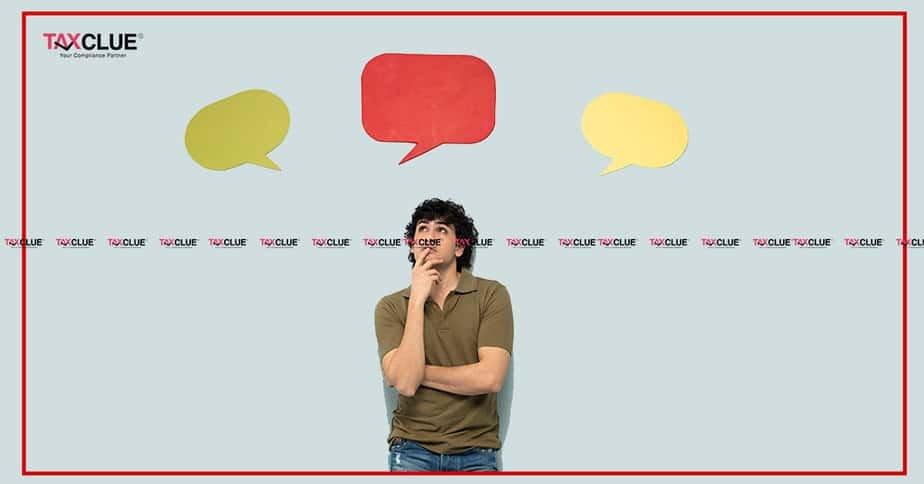Last month, the income tax department launched a new e-filing portal (www.incometax.gov.in) as part of project CPC 2.0. This new portal aims to provide a seamless tax return filing experience to taxpayers to speed up the processing of income tax returns. The department will soon have a mobile app as well which will have all the features available on the new portal.
For the uninitiated, the last date for filing income tax return (ITR) for the financial year 2020-21 (FY21) is 30 September. If you are someone who is filing a tax return for the first time, you need to remember some key things to make sure that you do not make any mistake that can lead to getting a notice from the tax department.
5 Key things to remember while filing ITR for FY2020-2021:
1. Latest changes:
The tax department has introduced a new utility named JSON for filing tax return forms for FY21. Currently, only tax return forms ITR 1, 2, and 4 have been released. These forms can import and pre-fill data from the e-filing portal. The pre-filled data include personal details, salary income, dividend income, interest income, capital gains, and all the information available in Form 26AS.
2. Planning and Collating:
Before you sit down to file your return, you must collate all the relevant information and documentation required for the ITR filing process to avoid any misreporting or inaccurate reporting of income. Make sure that all sources of income, including the exempt income such as PPF, are duly reported in the tax return. Before filing the ITR, reconcile all sources of income with the data reported in Form 16, Form 26AS.
3. Two tax regimes:
From the current financial year, a new concessional tax regime has been introduced. Now, taxpayers will get the opportunity to select between the old and new tax regimes while filing the tax return. Under the new tax regime, a person will have to pay tax at concessional rates if they forego all tax exemptions, deductions, and rebates. If you are a salaried individual and would like to change the option communicated to the employer, it can be done at the tax return stage.
Choosing a tax regime is of higher importance for business owners as they can do it only once. Once they choose their tax regime, it can not be changed every year. However, salaried individuals with income from salary, house property, and other income can change it every year.
4. Tax liability:
In order to avoid any error, evaluate your tax liability in advance and make the necessary tax payments within the due dates. This will help you avoid the levy of interest applicable on delayed tax payments.
5. ITR Form:
Based on the sources of income, you should carefully choose the correct tax return form while filing the tax return. If the taxpayer uses the wrong tax return form, their return will not be processed and they may receive a defective return notice from the tax department. The tax department has already notified the changed ITR forms. This year, ITR 1 form will not be applicable for a person who had paid TDS for cash withdrawal under Section 194N. Those employees who have deferred tax on employee stock options (ESOPs) also can not use ITR 1 form. So choose the right form before filing the return.
Note that this year the last date for filing ITR has been extended to September 30 in view of the Covid-19 pandemic. It doesn’t mean that you are relieved from your tax liability. So, pay your advance tax (if anything is due) to avoid penal interest.
Under Section 234A, interest at the rate of 1% is charged monthly for any delay in filing the ITR. This year CBDT has provided a relaxation with respect to such interest payment only where the self-assessment tax liability (after providing for TDS, advance tax, etc.) does not exceed Rs 1 lakh. Senior citizens who don’t have business income are exempted from paying advance tax.
However, interest under Section 234B will be applicable if the taxpayer has not deposited advance tax or if the advance tax deposited is less than 90% of the total tax liability. Tax experts say penal interest under Section 234C will be applicable if the taxpayer does not deposit advance tax as per the prescribed quarterly installments.



